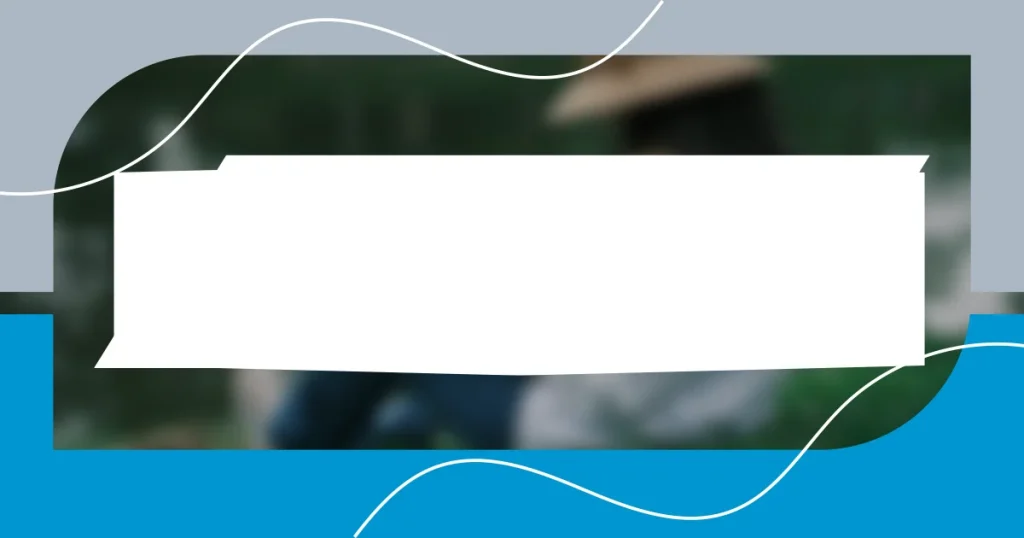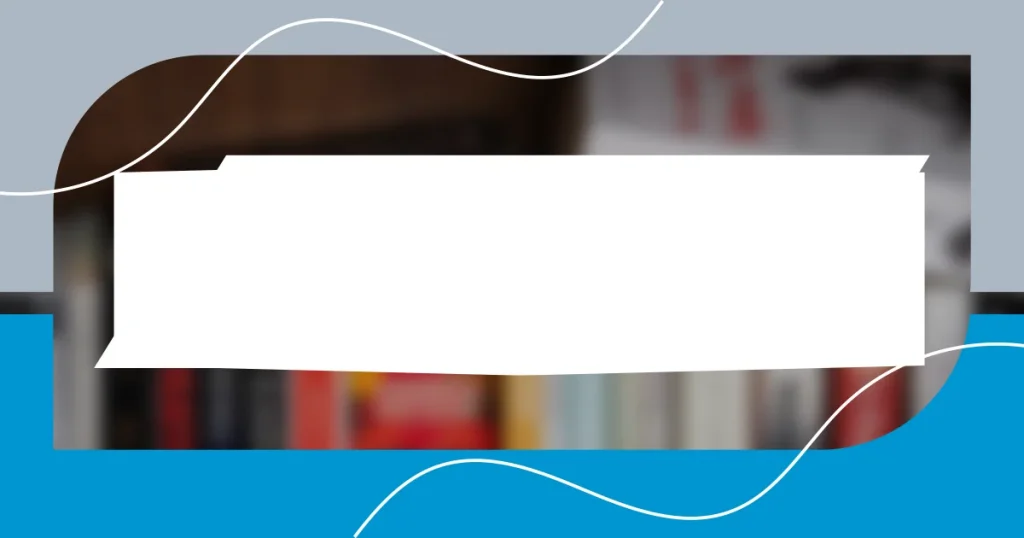Key takeaways:
- Short fiction challenges enhance creativity by forcing writers to work within constraints, encouraging exploration of new genres and styles.
- Participating in writing challenges fosters a sense of community and connection among writers, significantly improving motivation and support.
- Embracing feedback and learning from it is crucial for growth, as it helps refine narratives and develop stronger characters.
Understanding short fiction challenges
Short fiction challenges can be both exhilarating and daunting. I remember participating in my first challenge, feeling a mix of anticipation and anxiety as the clock ticked down. It made me wonder: How can such a tight timeframe inspire creativity, or is it merely a pressure cooker for stress?
The constraints of word count and time often force writers to strip their narratives down to the essentials, revealing their themes and emotions in powerful ways. I found myself crafting sentences with precision, where every word mattered. This experience prompted me to ask: What can I convey through limited space that resonates deeply with my readers?
Reflecting on my journey through short fiction challenges, I’ve realized they push me to explore genres and styles outside my usual comfort zone. One particular challenge had me write a piece in the horror genre—something I had never attempted before. The thrill of tapping into fear and suspense awakened a new passion within me. Isn’t it fascinating how stepping out of our comfort zones can lead to unforgettable growth?
Benefits of participating in challenges
Participating in short fiction challenges has been a transformative experience for me. I’ve found that the deadlines compel creativity in ways that I never expected. Once, I faced a challenge with just three words as a prompt—“lost in time.” I had a thrilling rush as I crafted the narrative in under two hours. The adrenaline not only pushed my creative boundaries but also sharpened my critical thinking skills when making quick decisions about plot and character development.
Benefits of participating in challenges:
– Encourages creative thinking under pressure.
– Promotes exploration of new genres and styles.
– Enhances skills in brevity and precision.
– Builds confidence through accomplishment.
– Fosters community connections and networking.
I’ve also noticed how these challenges build a remarkable sense of community. Engaging with fellow writers who share similar passions has been uplifting. To this day, I remember the camaraderie during a 24-hour challenge when we all exchanged tips and encouragement through social media. The shared highs and lows created bonds that extended beyond the writing, enriching my journey as a writer.
Finding the right challenges
Finding the right short fiction challenges feels like a treasure hunt, where each option can refine my craft in unique ways. I recall scrolling through numerous competitions, weighing their themes and entry requirements against what I wanted to explore. Choosing a challenge that aligns with my interests not only keeps me motivated but also sparks deeper creativity—have you ever felt that rush when you pick a project that just clicks?
Not every challenge is suitable for every writer, and that’s something I’ve learned the hard way. I once jumped into a challenge focused on science fiction, despite my limited experience in the genre. It was eye-opening, but I struggled initially to find my footing. The lesson? Knowing my strengths and weaknesses helps me find challenges that expand my skillset without overwhelming me. What sort of balance do you seek when selecting projects?
Ultimately, I think the best challenges act as a mirror, reflecting where I am in my writing journey. When I find myself brewing ideas and feeling excited, I know I’ve struck gold. Each challenge I prioritize leads to growth and discovery; it becomes a stepping stone in my quest to hone my artistry. What have your experiences revealed about your preferences in challenges?
| Challenge Type | Creative Fit |
|---|---|
| Genre-Specific | Aligns with my interests; sparks excitement |
| Word Count Limits | Encourages brevity and focus |
| Collaborative | Fosters community and shared experiences |
| Timed Challenges | Pushes creativity under pressure |
Tips for successful submissions
When it comes to successful submissions, I’ve discovered that paying attention to guidelines is crucial. I remember nervously adapting my story to fit the specific word count requirements for one challenge. I took a break to step back and re-read the guidelines thoroughly, which ultimately saved my piece from being disqualified. Have you ever ignored rules thinking they didn’t matter, only to realize they were the key?
Additionally, I’ve found that crafting a compelling opening hook can captivate the judges right from the start. In one instance, I started a tale with a question that nestled itself into the reader’s mind: “What would you do if your time stopped?” This approach not only drew readers in but also set the stage for an engaging exploration of time paradoxes. I truly believe that a strong first impression can make a significant difference in how your story is perceived. How do you aim to grab attention in your writing?
Let’s not forget about editing—this is where the magic often happens. After finalizing my draft, I once left it alone for a day before revisiting it with fresh eyes. I was amazed at the clarity I gained in those twenty-four hours. I could pinpoint awkward sentences and make valuable edits that turned a good story into a great one. What are your strategies for refining your work before hitting that submit button?
Strategies for managing time
Managing time effectively during short fiction challenges is an art form I’ve had to master over the years. One tactic that has worked for me is creating a detailed writing schedule. I usually allocate specific blocks of time dedicated exclusively to brainstorming, drafting, and editing. Setting time limits for each phase keeps the process structured, and honestly, it helps me avoid that dreaded feeling of overwhelmed chaos—don’t you just hate it when deadlines loom closer, and you feel like you’re in a whirlwind?
Another strategy I’ve embraced is breaking tasks into smaller, manageable chunks. I remember participating in a challenge where I had a week to write a complete story. Instead of diving in headfirst, I divided the week into brainstorming ideas, creating an outline, and writing a certain number of words each day. This not only made the task less daunting but also allowed me to stay focused and motivated. Have you ever noticed how much easier it is to stay on track when you tackle prompts piece by piece?
Lastly, I’ve learned to embrace flexibility in my schedule. Sometimes inspiration strikes at odd hours, or life gets in the way of my writing plans. I make it a point to adjust my writing blocks as needed or even add extra time on weekends to recoup lost hours. Being adaptable with my time allows me to remain productive without feeling that constant time pressure. Isn’t it freeing to know you can modify your plans rather than rigidly stick to them?
Learning from feedback received
When I first started submitting my short fiction, I often overlooked the power of feedback. I remember receiving my first set of critiques from a workshop and feeling a mix of confusion and disappointment. It stung a bit, but instead of shutting down, I chose to delve into the comments. Each note was a chance to see my work through different lenses. Have you ever found a hidden gem of wisdom buried in harsh feedback?
One particular piece I wrote received feedback that suggested my characters felt flat. At first, I was defensive, but then I took a moment to reflect. I realized I hadn’t invested enough in their backstories or motivations. With this insight, I went back to my draft, fleshed out their histories, and it transformed my narrative entirely. Seeing my characters come to life was exhilarating—how often do you re-evaluate your characters based on reader feedback?
Embracing constructive criticism has truly reshaped my writing journey. I now actively seek out feedback before submitting my work, viewing it as a necessary step rather than a hurdle. Just last month, I shared a story draft with a trusted friend, and her suggestions illuminated several areas for improvement. Taking her advice turned that gem of a story into a polished piece that I felt proud to submit. Isn’t it remarkable how others can help us see what we sometimes miss?
Building a writing community
When it comes to building a writing community, I find that connection is key. Joining a local writers’ group was a game changer for me. At our very first meeting, I felt a sense of belonging wash over me—have you ever walked into a room and instantly felt like you were among friends? Sharing ideas, struggles, and triumphs with fellow writers created a safe space where we could all grow together.
I also started hosting virtual writing sessions with friends I met through social media. We chose prompts and wrote together over video calls, and let me tell you, the accountability made a noticeable difference in my output. There’s something magical about sharing your word count with others, knowing they’re cheering you on from their screens. Ever experienced that rush when your writing buddy texts you how much they just wrote? It’s a motivation boost unlike any other.
Beyond that, I’ve discovered the value of engaging in online forums and platforms dedicated to writing challenges. Whether it’s critiquing each other’s work or participating in themed contests, these interactions foster a sense of camaraderie. I still remember entering a flash fiction contest where I connected with a fellow contestant. We exchanged ideas, and the support we offered each other transformed that competition into a collaborative experience. Isn’t it interesting how competitions can evolve into friendships that enrich our writing journeys?














